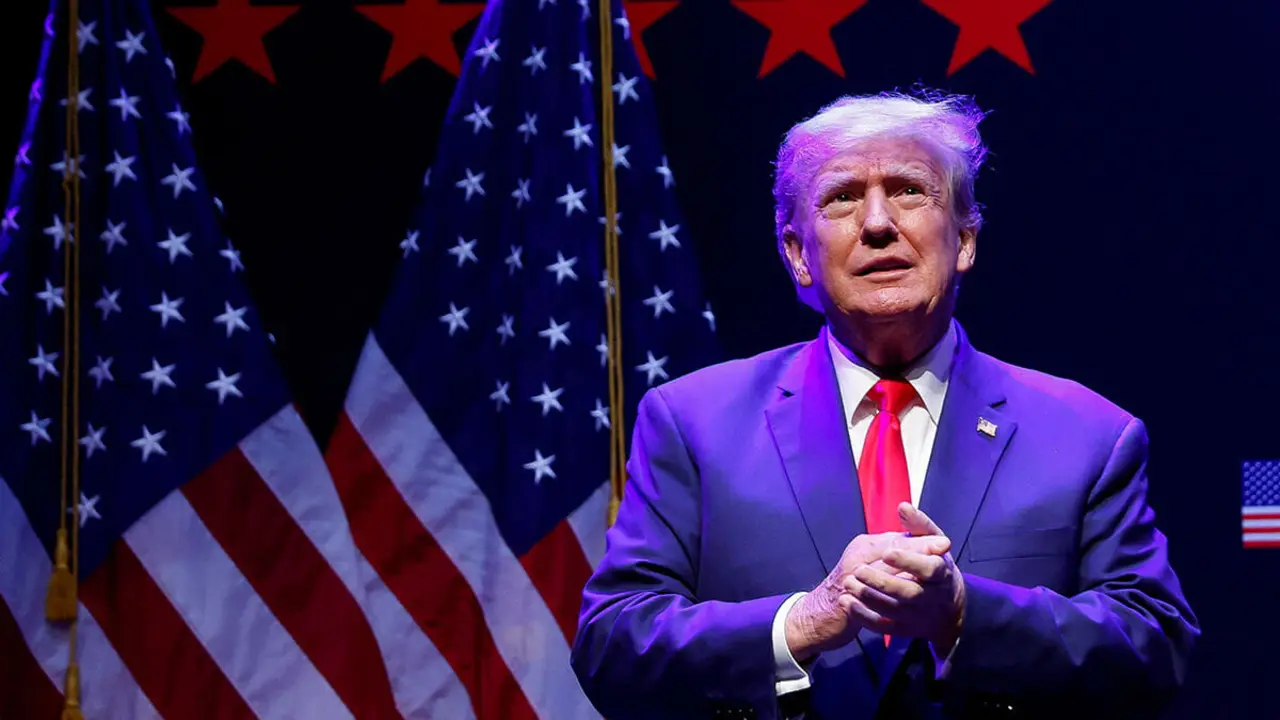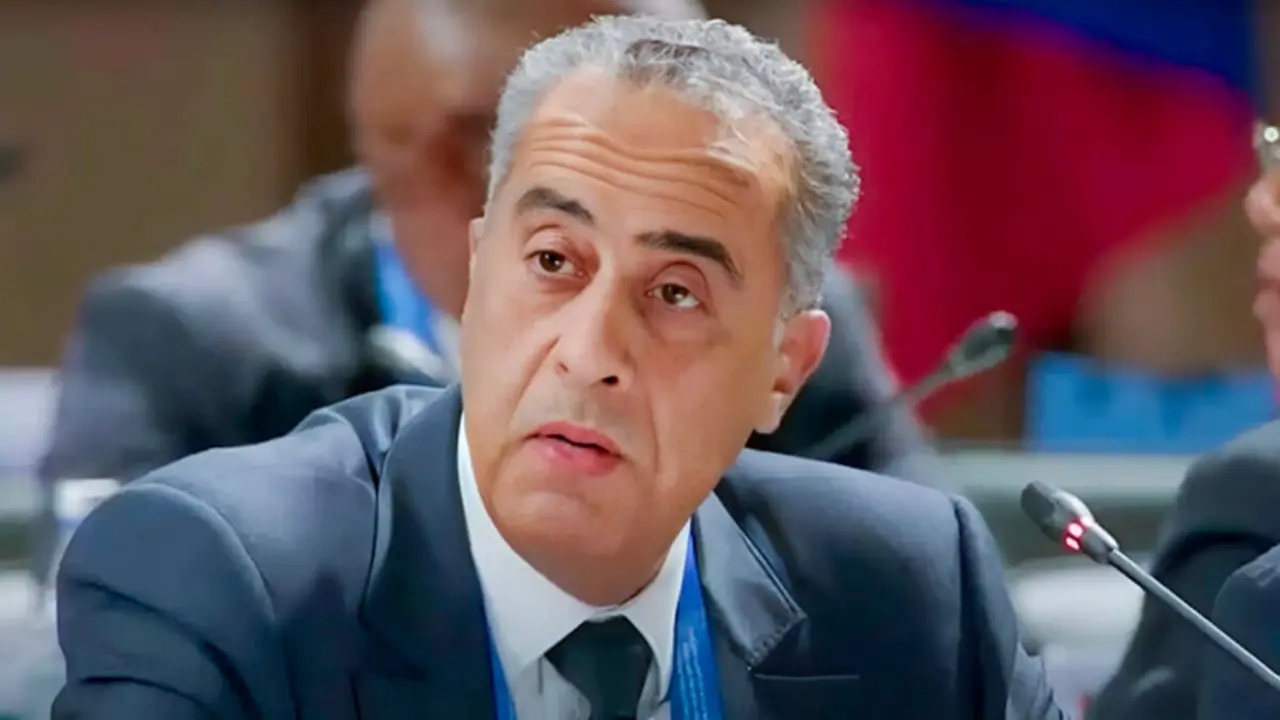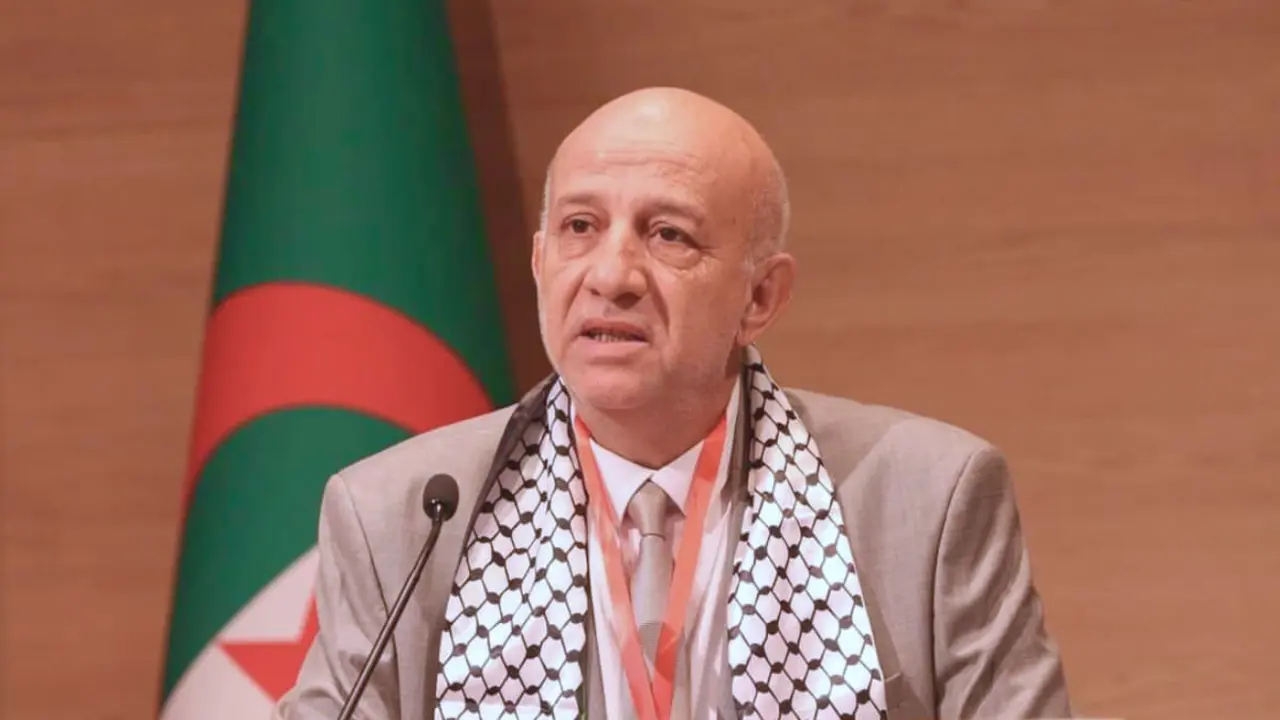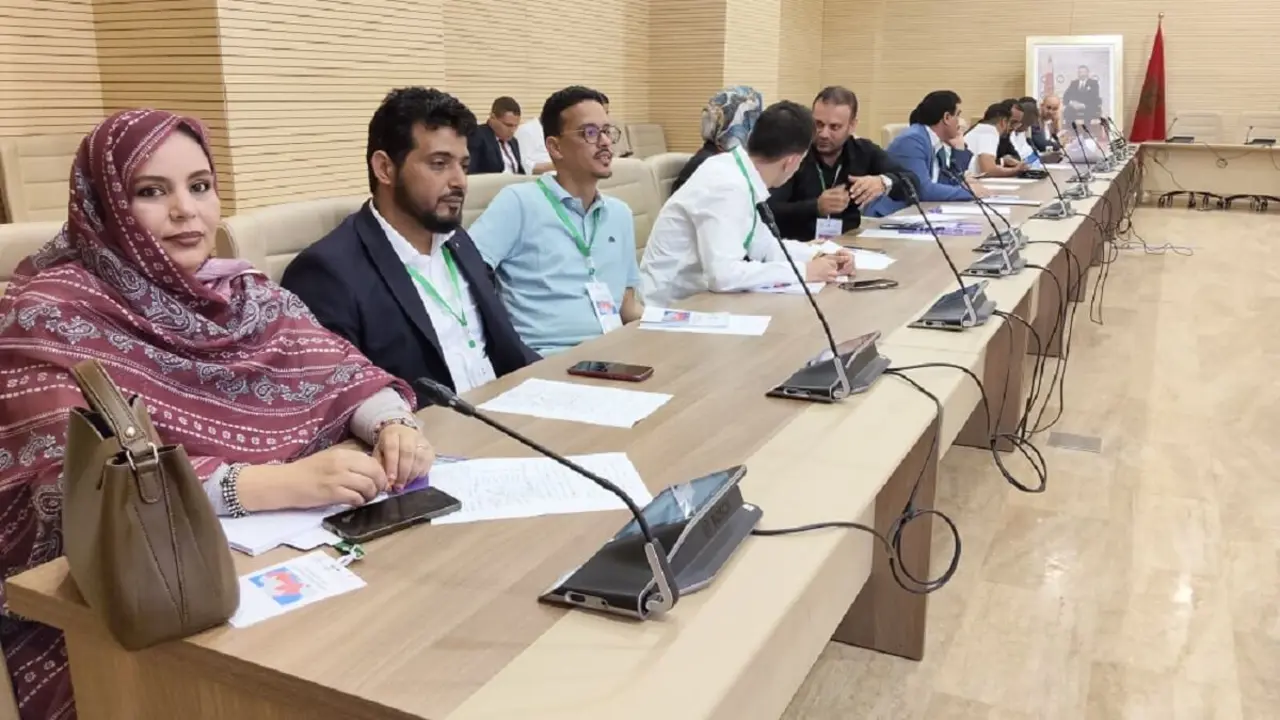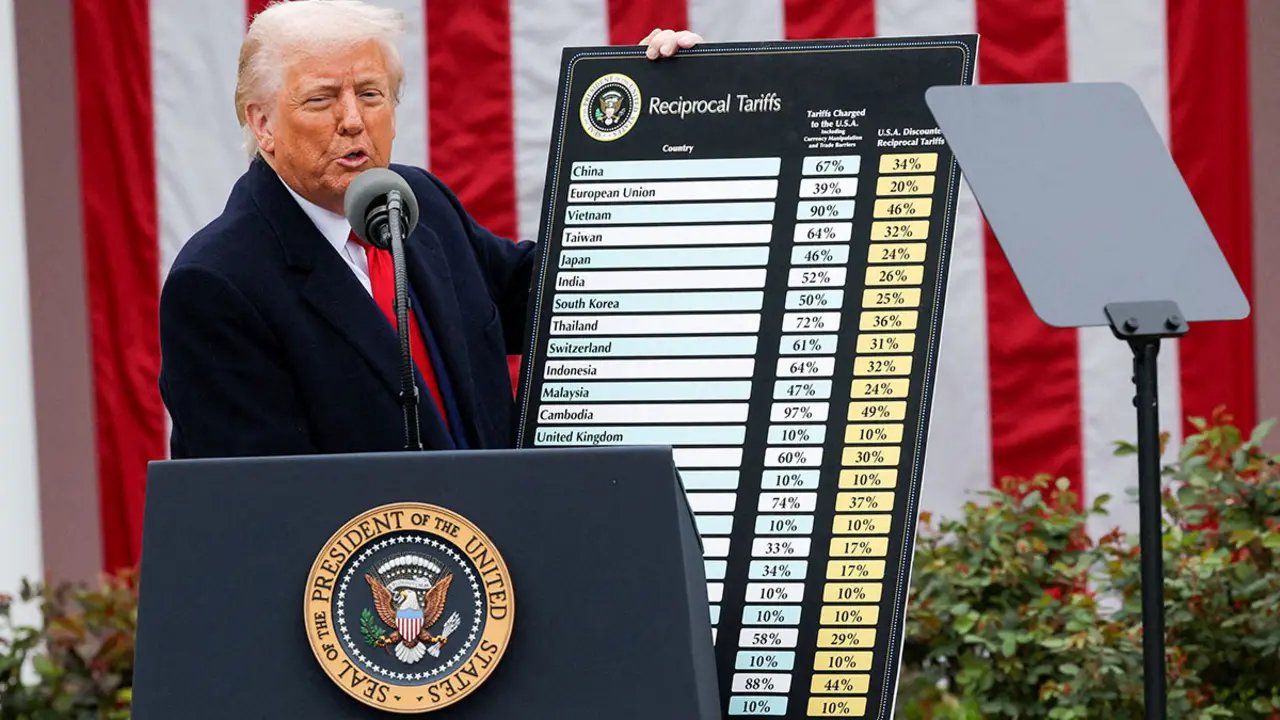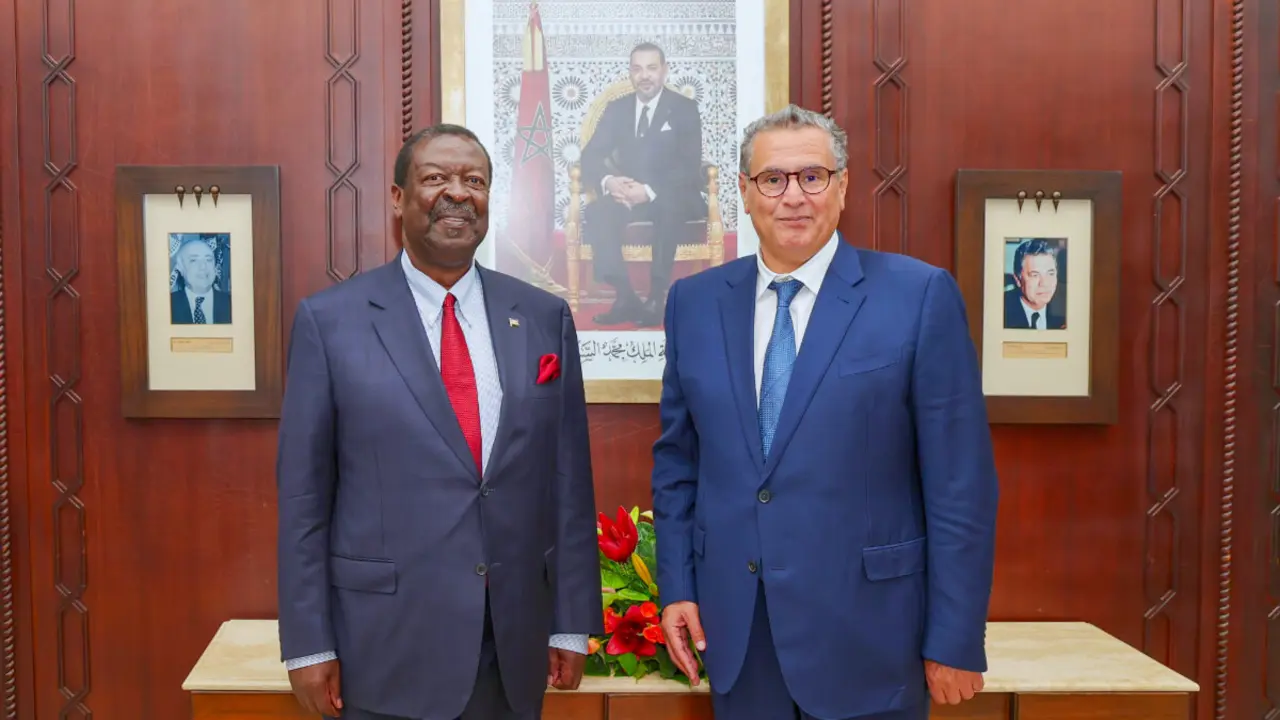The president of the Tunisian parliament is discharged hours after his hospitalization
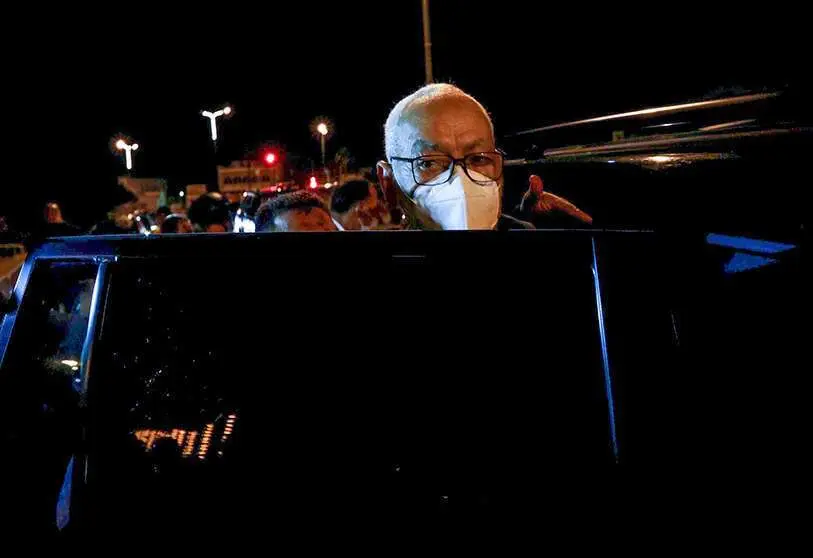
The president of the ousted parliament and historic leader of the Islamist group Ennahda, Rached Ghannouchi, has been hospitalised for the second time in less than 24 hours in a military hospital in the capital after suffering a progressive deterioration in his health, according to local radio station Mosaique FM.
Ghannouchi, 80, had been transferred earlier in the day to a private clinic for "slight ailments" where he had received medical treatment, according to his social media manager on his official account. Moreover, these last few days have not been the only ones in which the president has had to visit the hospital. On 21 July, the leader was discharged from hospital after having been admitted to the same hospital for a week after testing positive for the coronavirus, despite having received the full course of the Chinese Shinopharm vaccine last April.

His admission to hospital comes at a time of political and social upheaval. Tunisia is going through an unprecedented political crisis. On 25 July, President Kaies Saied took all governmental powers under his person, dismissing Prime Minister Hichem Michechi and suspending parliamentary powers for 30 days, in accordance with Article 80 of the Constitution, which meant the suspension of Ghannouchi's powers.
The Ennahda formation, the country's second largest political force, has been against this decision and Ghannouchi himself encouraged the population to stage protests in front of parliament after he called President Saied's decision a "putsch" and accused him of "annulling the revolution and the constitution" and defended "that the institutions remain in place".

However, popular discontent towards the Ennahda leader has become increasingly evident, and since his electoral victory, several political groups have constantly threatened to present a motion of censure against him, but so far no initiative has been approved. In this vein, last September an internal document came to light that had been signed by a hundred or so party members, reflecting their rejection of a new mandate for Ghannouchi. The signatories declared that if there was no change in the presidency they would announce their resignation, but the political and health crisis has led to their moratorium on several occasions.
In addition, a source close to the president stated that he would execute an imminent decision to prevent Ghannouchi from leaving the country and placing himself under house arrest. According to the statements given to Al-Ain, the intention of the Tunisian presidency was to issue a decision banning his free movement and placing him under surveillance at his home.
Since Ghannouchi has presided over parliament since its entry in 2019, his name has featured on the list of Tunisia's worst politicians and "least trustworthy" political figure.

